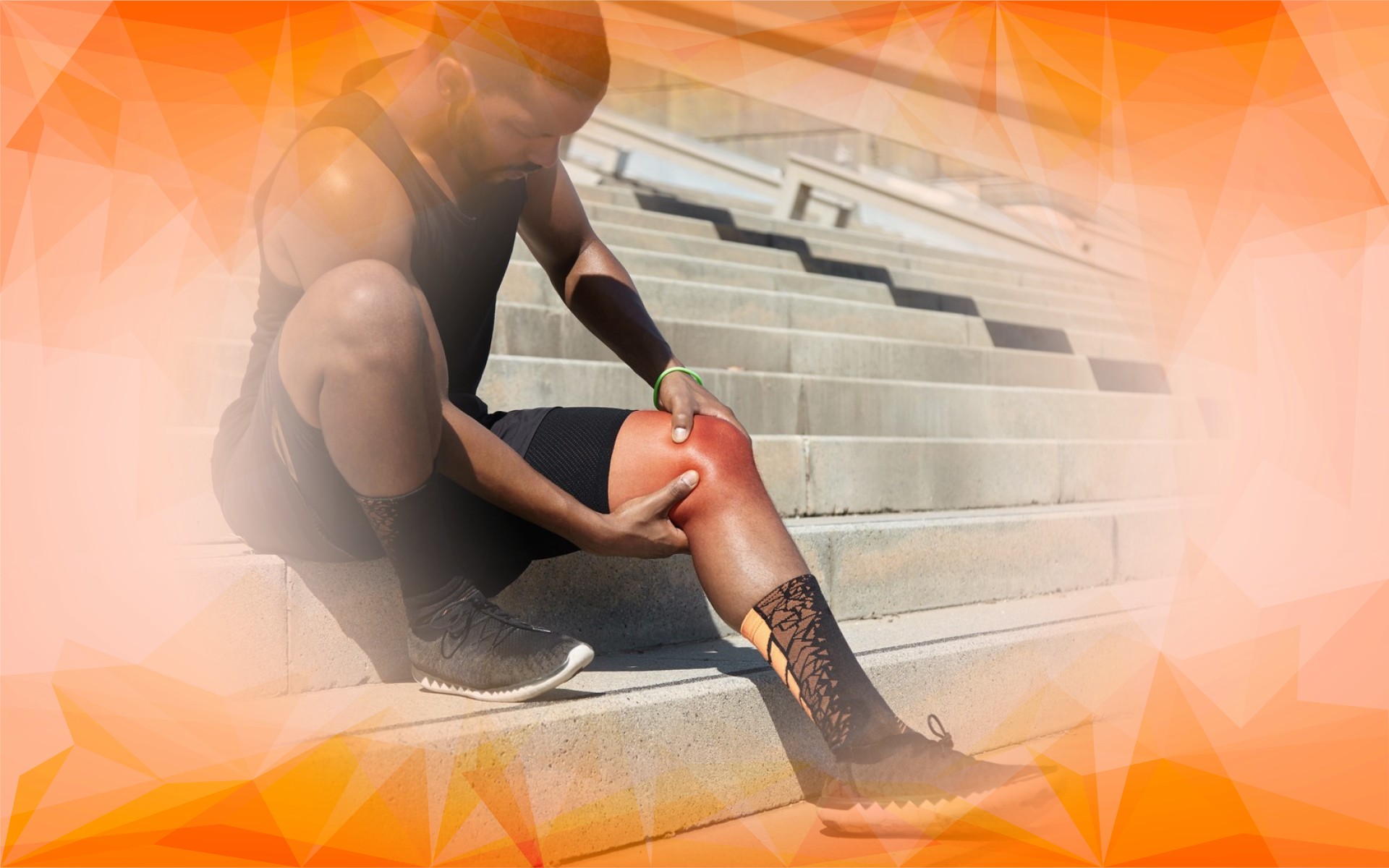Knee osteoarthritis is a widespread and often painful condition affecting millions of people across the UK. It causes the gradual wear and tear of the cartilage lining the knee joint, leading to stiffness, discomfort, and difficulty moving. These symptoms can seriously affect everyday activities and quality of life.
As more patients seek effective, non-surgical ways to manage their symptoms, knee injections have become a popular treatment option. In this article, we’ll explore the main types of injections available in the UK, compare their costs and availability on the NHS and private healthcare, and share what patients typically experience. By weaving in relevant terms such as “rheumatoid arthritis injection names” and “hyaluronic acid knee injection UK,” we’ll also clarify differences to help you make sense of your options.
Types of Knee Injections Available in the UK
There are several types of injections commonly used to manage knee osteoarthritis, each working differently to ease pain and improve movement. The most widely used are steroid injections , hyaluronic acid injections, hydrogel treatments like Arthrosamid, and platelet-rich plasma (PRP) therapy.
Steroid injections, often called cortisone shots, work by reducing inflammation inside the knee joint, providing relatively quick pain relief during flare-ups. These are widely available on the NHS and often considered a first-line injectable treatment. It’s important to distinguish these from injections used for rheumatoid arthritis—a different, autoimmune condition—in which disease-modifying drugs play a primary role. Recent research notes, “the preliminary data reveal the strongest evidence in favour of corticosteroid injections,” underscoring their established role in osteoarthritis management (Ding & Hu, 2021).
However, some new studies raise questions about long-term safety. One study found that “corticosteroid injections were associated with higher progression of knee osteoarthritis compared with hyaluronic acid injections and controls,” based on MRI imaging (Bharadwaj et al., 2025). This suggests patients and clinicians need to carefully balance the benefits of short-term relief with possible long-term effects.
Hyaluronic acid injections work differently. They aim to supplement the joint’s natural lubricating fluid—think of it as nourishing and cushioning the joint to ease movement and reduce discomfort. Though widely used privately, availability on the NHS is limited and can vary by region. Encouragingly, research points to “promising findings regarding the long-term efficacy of HA,” indicating it may provide more lasting benefit for some patients (Ding & Hu, 2021).
Hydrogel injections like Arthrosamid are a newer option. These synthetic gels fill the knee joint to provide cushioning and have shown some evidence of longer-lasting symptom relief compared to steroids or hyaluronic acid. However, Arthrosamid is mostly available privately and tends to be more costly.
PRP therapy uses a concentrate of the patient’s own blood platelets, rich in growth factors, aiming to encourage healing and slow cartilage damage. This treatment is gaining popularity in private clinics, with research highlighting “promising findings regarding the long-term efficacy of… PRP” in managing osteoarthritis symptoms (Ding & Hu, 2021).
When people ask about “the 3 injections for knee pain,” they are usually referring to steroids, hyaluronic acid, and either PRP or hydrogel injections. Each offers a different approach, making personalised advice essential.
Comparing Costs and Availability: NHS Versus Private Care
The cost and availability of these injections vary depending on whether you access them through the NHS or privately. On the NHS, steroid injections are the most commonly offered and usually come at no expense to the patient. However, treatments like hyaluronic acid and Arthrosamid injections are less commonly provided, often due to budget and prioritisation decisions.
If you choose private care, you have a wider choice but should expect greater costs. Private Arthrosamid injections can cost between £800 and £1,200 per treatment. Hyaluronic acid injections generally range from £200 to £400 a session, while PRP injections tend to start at around £300 and often require several visits.
Private steroid injections are comparatively affordable, usually costing between £100 and £150 each. Many patients find local providers by searching terms like “private cortisone injections near me” or “arthrosamid injection near me.” However, access is uneven, as urban areas typically offer more private clinics than rural locations.
What to Expect: The Patient Journey
Receiving a knee injection typically begins with a consultation to assess your condition and discuss treatment goals. The procedure itself is straightforward, involving a fine needle inserted into the knee joint—often under ultrasound guidance for accuracy—and the injection delivered within minutes.
Afterwards, patients are usually advised to rest the knee for a day or two to maximise benefits and reduce any discomfort. It’s common to wonder, “do you need to rest after a cortisone injection?” and the answer is generally yes, though light activity can often resume once pain eases.
Side effects depend on the injection type but are usually mild and temporary. Corticosteroid injections might cause a brief flare-up of pain or minor swelling, while hyaluronic acid injections could cause local discomfort or inflammation. Many patients seek information with queries like “what are the side effects of steroid injections?” or “what are the side effects of hyaluronic acid injections?” to better understand risks.
Patient experiences range widely. Some report feeling significant relief—sometimes even saying, “I cured my osteoarthritis”—while others find the benefits last only briefly. In all cases, injections are most effective when combined with physiotherapy and lifestyle changes like weight management.
Real-World Effectiveness and Insights
Studies suggest that steroid injections tend to offer short-term relief, often lasting a few weeks, especially during inflammatory flare-ups. However, as mentioned earlier, new evidence indicates they may also accelerate joint deterioration in some cases (Bharadwaj et al., 2025), highlighting the need for cautious use.
The idea that injections might merely act as a placebo was raised decades ago, when research showed “no significant difference in the effects” between real and control injections, pointing to psychological factors playing a role in perceived improvements (Miller et al., 1958).
Hyaluronic acid and hydrogel injections are thought to provide more sustained benefits, although evidence varies and more research is needed. PRP therapy has shown positive results in early osteoarthritis cases, with some patients experiencing improved pain and mobility for several months, but its long-term effects are not yet fully established.
While injections can ease symptoms, they are not a cure. Many patients who feel markedly better also engage in exercise, physical therapy, and other management strategies. More expensive private treatments also don’t guarantee better outcomes, so it’s important to weigh potential benefits against costs.
Discussing options with a trusted healthcare provider can help tailor the right approach based on individual needs.
Conclusion
In summary, steroid injections remain the most accessible and commonly offered knee injection on the NHS, delivering effective short-term relief. Other options like hyaluronic acid, Arthrosamid hydrogel injections, and PRP tend to be more available privately, with varying costs and benefits.
Patients should consider access, cost, potential side effects, and realistic expectations when choosing treatment. Ongoing research continues to refine these therapies, sparking interest in the “new injection for knee pain NHS” and future possibilities.
If you’re considering knee injections, take time to research and consult your clinician to find the best path for your condition. Could the next advances in injection therapies bring even greater relief and improved quality of life to those living with knee osteoarthritis in the UK?
References
Ding, J. B., & Hu, K. (2021). Injectable therapies for knee osteoarthritis. Reumatologia, 59(5), 330-339. https://doi.org/10.5114/reum.2021.110612
Bharadwaj, U., Lynch, J. A., Joseph, G. B., Akkaya, Z., Nevitt, M. C., Lane, N. E., McCulloch, C. E., & Link, T. M. (2025). Intra-articular knee injections and progression of knee osteoarthritis: Data from the Osteoarthritis Initiative. Radiology, 315(2). https://doi.org/10.1148/radiol.233081
Miller, J. E., White, J. A., & Norton, T. H. (1958). The value of intra-articular injections in osteoarthritis of the knee. Journal of Bone and Joint Surgery – British Volume, 40-B(4), 636–643. https://doi.org/10.1302/0301-620x.40b4.636
Frequently Asked Questions
AMSK Clinic stands out due to their specialised expertise, offering a range of advanced knee injection therapies tailored to each patient. Their experienced clinicians use leading technologies, including ultrasound guidance, ensuring accuracy and optimal care throughout each stage of the patient’s journey.
AMSK Clinic provides steroid, hyaluronic acid, Arthrosamid® hydrogel, and PRP knee injections. Each treatment works differently—steroids reduce inflammation, hyaluronic acid enhances joint lubrication, Arthrosamid® cushions the joint, and PRP promotes healing using your body’s natural growth factors.
AMSK Clinic offers private knee injection treatments to patients in various locations, focusing on quality care and accessibility. With convenient booking and expert guidance, patients can access modern therapies like Arthrosamid® and PRP more readily than on the NHS, especially within urban clinics.
During your visit, AMSK Clinic clinicians assess your knee, explain treatment options, and administer injections with minimal discomfort. Afterwards, patients are given clear advice on aftercare, with most experiencing mild and temporary side effects, supported by ongoing follow-up for best results.
Patient safety is a top priority at AMSK Clinic. Their team monitors treatment progress, provides detailed advice on potential side effects, and encourages combined approaches such as physiotherapy. Dedicated follow-up and custom care plans help ensure high levels of patient satisfaction and therapeutic success.



